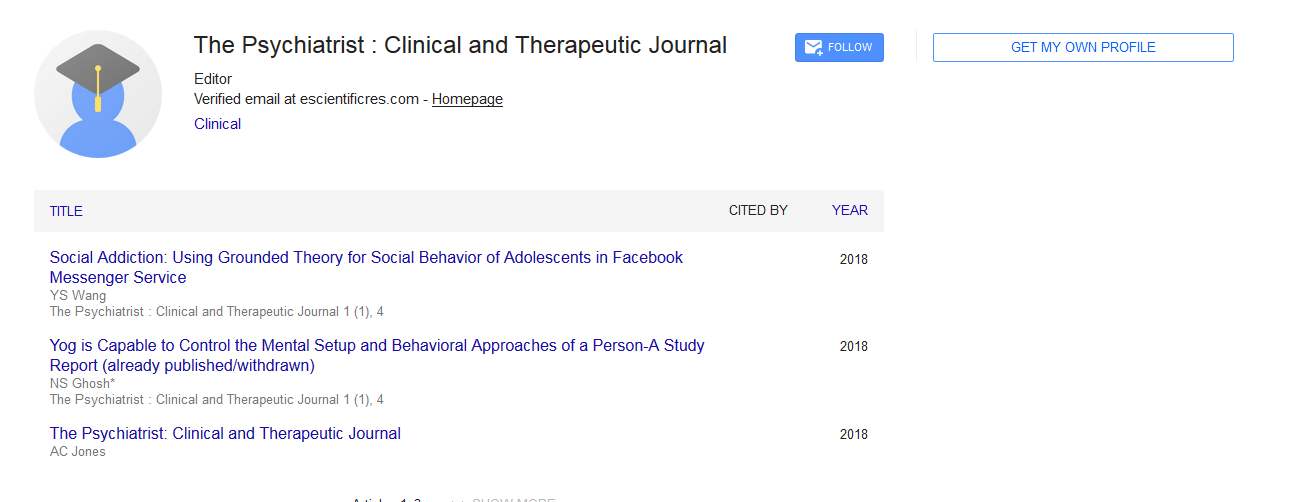Caffeine induced augmentation of antidepressant effects Pravin Popatrao Kale! and Veeranjaneyulu Addepalli*
*Corresponding Author:
Copyright: © 2020 . This is an open-access article distributed under the terms of the Creative Commons Attribution License, which permits unrestricted use, distribution, and reproduction in any medium, provided the original author and source are credited.
Abstract
As per a recent report, the present COVID -19 conditions have caused higher prevalence of depression in health care workers. WHO categorized ‘depression’ in the leading cause of disability worldwide in terms of total years lost due to disability. Depression was among top 10 disabilities worldwide as per a report published in nature. Available evidence suggests benefits of combining lower dose of caffeine with antidepressant agents. The present study was planned assess the effect of new augmentation approaches comprising adenosine blockers, selective serotonin and norepinephrine re-uptake inhibitors, and dopaminergic agents in the treatment of depression. The in-house preclinical study clearly indicated benefits of caffeine with duloxetine and bupropion. Similar outcomes have been reported in many different studies with other antidepressant agents such as imipramine, desipramine, fluoxetine, paroxetine, escitalopram, rebo moclobemide, venlafaxine, and milnacipran. Caffeine also showed synergistic antidepressant effect with NMDA receptor ligands. In addition, reports also suggested effect on gene expression. Interestingly, there is also a clinical report suggesting benefits of lower dose of caffeine administration enhancing the efficacy of antidepressants. The present report helps in understanding the importance of considering limited caffeine administration with prescribed antidepressants in COVID-19 related stress and consequent depression. There is a need to further assess this approach in COVID-19 condition induced depression.

 Spanish
Spanish  Chinese
Chinese  Russian
Russian  German
German  French
French  Japanese
Japanese  Portuguese
Portuguese  Hindi
Hindi 